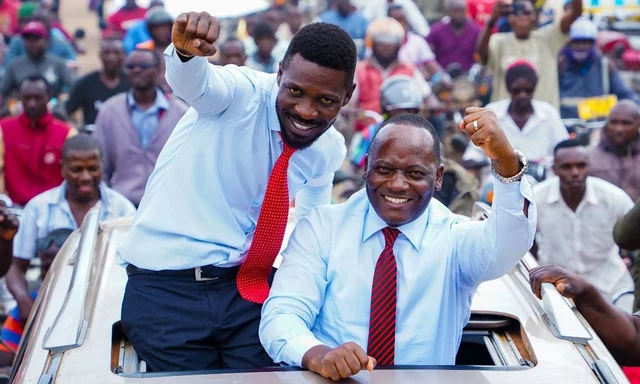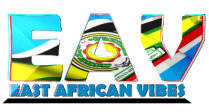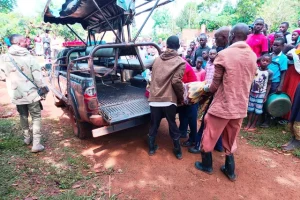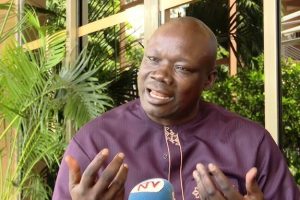Kunga, a Luganda term signifying community mobilization, emerged as a promising initiative within Uganda’s National Unity Platform (NUP). Spearheaded by Mr. Fred Nyanzi, the party’s mobilization chief, Kunga aimed to rejuvenate NUP’s organizational framework nationwide.
Despite initial enthusiasm during its launch, Kunga faced skepticism from the media and encountered challenges in its implementation.

The initiative sought to address the demoralization among NUP supporters following the 2021 elections, marked by incidents of violence and political repression.
While Kunga demonstrated early successes in coordinating countrywide rallies featuring NUP’s leadership, it also drew criticism from authorities citing breaches of public order during mobilization activities.
Such incidents contributed to tensions within the party, prompting warnings from key figures like Robert Kyagulanyi, alias Bobi Wine, against internal divisions.
In regions like Masaka, internal rifts became more pronounced, with allies of Mathias Mpuuga, a prominent NUP leader, accusing Kunga of undermining his authority. Mpuuga’s supporters raised concerns over parallel structures established under Kunga, allegedly targeting his leadership position within the party.
The dispute escalated as NUP’s leadership in Kampala reportedly backed replacements for Mpuuga in key positions, exacerbating tensions within the party’s ranks. Despite denials from Nyanzi regarding Kunga’s intentions, allegations of smear campaigns against Mpuuga surfaced, deepening the rift between factions.
The reshuffling of leadership roles within NUP, including Mpuuga’s removal as Leader of Opposition, further strained relations within the party.
While attempts were made to portray the transition as smooth, underlying tensions persisted, particularly in regions where NUP’s electoral dominance was challenged.
Mpuuga’s efforts to assert control in Masaka highlighted broader concerns regarding NUP’s unity and effectiveness in mobilizing support beyond its traditional strongholds.
The potential for the ruling National Resistance Movement (NRM) to exploit internal divisions within NUP raised alarm among party members, emphasizing the need for reconciliation and cohesion.
As NUP grapples with internal challenges, the fate of Kunga remains uncertain. While supporters argue for its alignment with the party’s constitution, critics question its legitimacy and compatibility with NUP’s organizational structure.
In the face of external pressures and internal discord, NUP faces a critical juncture in its journey towards unity and effective mobilization.
The resolution of internal conflicts and the consolidation of party solidarity will be pivotal in determining its prospects for future electoral success.
![]()




